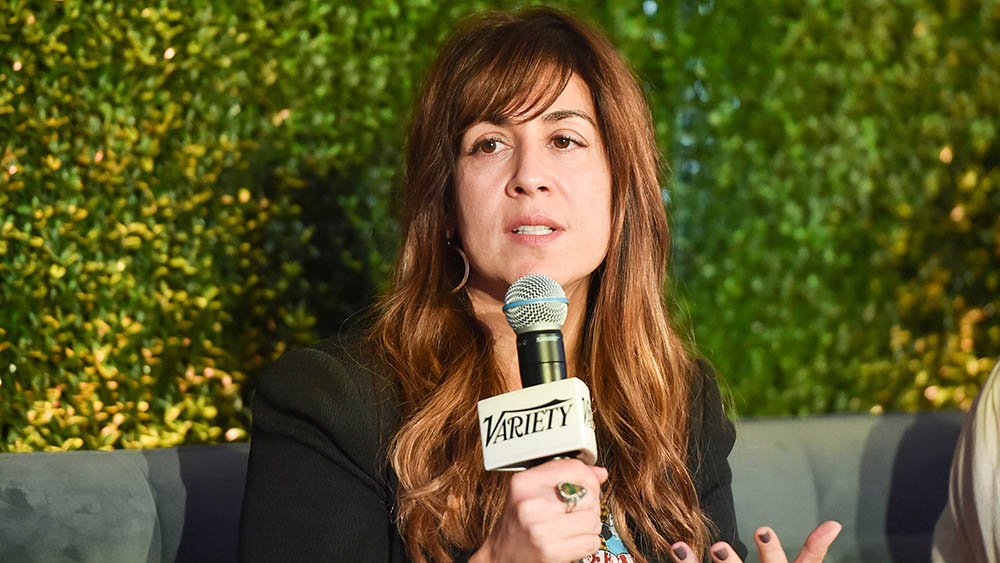Talent Management Companies Approach Disruption with Different Strategies
By Peter Caranicas
LOS ANGELES (Variety.com) – Is this a good time to be in the talent management business? That was the question thrown out by Variety co-editor-in-chief Andrew Wallenstein to his six panelists at Variety’s annual Business Managers Breakfast on Friday morning at the Waldorf Astoria Beverly Hills.
The panel, Talent Representation in the Age of Disruption, addressed the wide range of changes and pressures faced by talent managers as the entertainment business shifts beneath their feet. The general consensus among the panelists: yes, but the road can be bumpy.
As do many sectors in the industry, talent representation faces a wave of consolidation – as evidenced earlier this year by Lionsgate’s majority-stake purchase of 3 Arts Entertainment. made the move because the talent firm offered more “proximity to talent… relationships, and access that will help our production and distribution business,” said Laura Kennedy, COO, Lionsgate Television Group.
Until now, investors have been reluctant to buy management companies because of the inherent risks, said Alan Epstein, chair of the Entertainment & Media Group at law firm Venable, but now they’re reconsidering because of these firms’ “strategic value… they can make a lot of money and they’re close to the content creators.”
Epstein added that suitors are knocking on the doors of his management company clients these days as they try to figure out ways to capitalize on the changing industry landscape. “I would expect a consolidation,” he said. “Some smaller management companies will find ways to roll into larger firms that have the platforms and infrastructure they feel they need for their clients. I would expect to see larger transactions in the next couple of years.”
Anonymous Content founder and CEO Steve Golin noted that the advent of digital and streaming services throwing money at the industry “has turned the business 100% upside down. It’s the Wild West… and you have to think differently. There are tremendous opportunities but it’s also scary because it’s going to be more difficult for production companies and studios to own the content.”
Golin is thinking on a big scale. “TV is becoming global business,” he said, with the big streamers launching successful shows in many languages. Anonymous has gotten into joint ventures with talent agencies in the U.K. and plans to enter Scandinavia, Latin America and possibly Israel next year.
But even as roll-ups may occur, many management companies remain committed to more intimate relationships with their clients.
Aleen Keshishian (pictured above), founder and CEO of Lighthouse Management & Media, noted that she made a move to branch out as a smaller company than the one she left behind, Brillstein Entertainment. “I broke away from a company of 65 people with five managers,” she said. The move has allowed her more flexibility and brought her closer to younger clients and a younger public. Especially in music, “you need to be current, know all the latest. I felt I couldn’t do that at a more traditional company.”
Not that management companies are having an easy time of it. “It’s the golden age of content, but the toughest part is staying on top of it all,” said Dave Fleming, president of Atlas Artists. “There’s inherent risk in our business… but the risk-reward is much better than it was,” he added, pointing to new kinds of IP such as podcasts.
But in the end it all boils down to hard work and having the right talent, said Courtney Kivowitz, partner, MGMT Entertainment. She knew she had a strong voice with client Donald Glover, and that “if we stood by him and helped him create the right version of the right show, it would be an amazing calling card.” The show was “Atlanta.”

